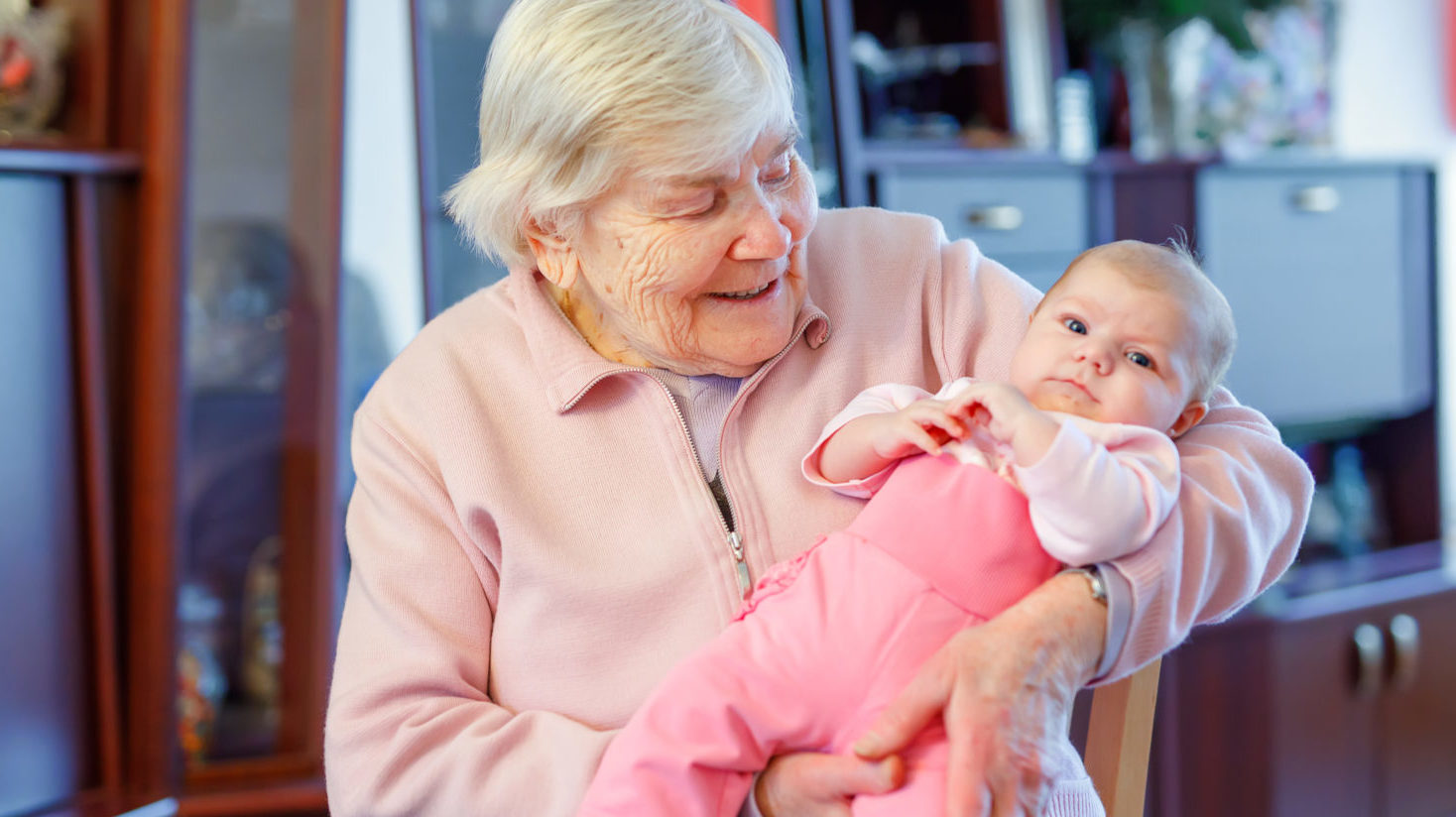Minnesota Nursing Home and Medical Negligence Attorneys
Choosing a nursing home and entrusting that facility and those who work there with the care of your parent, grandparent or disabled loved one is a major act of faith. Despite all your diligence, we understand that you may have recently been shocked or tragically bereaved by an abusive or neglectful environment in the nursing home. Similarly, in a medical setting, the trust we place in doctors, nurses and hospital staff members is profound.
When a loved one suffers injury due to negligence or medical malpractice, family members frequently have difficulty coming to terms with the loss of trust in the facility or a caregiver. At the same time, an injury caused by negligence can have a ripple effect, devastating entire families.
Nursing home abuse and negligence has become a growing epidemic across the United States in recent years. Although nursing home facilities are intended to be positive and beneficial experiences for the elderly most in need, there still are countless incidents in which older people are psychologically and/or physically hurt due to the intentional or negligent acts of their professional caregivers.
Today, nursing home negligence has continued to grow into an alarming cultural issue. The National Center on Elder Abuse has officially estimated that one out of every 20 nursing home patients have been subjected to negligence or unnecessary injury, and they also think this number could potentially be much higher. The reasons why this number could be much higher is simply because it becomes much harder for older people to know with certainty or to confidently communicate to someone else that negligent professional care or abuse has happened to them.
Some of the more common types of nursing home negligence or elder abuse include emotional, physical, financial, or sexual abuse, as well as general neglect. Some of the more common issues that are closely associated with nursing home negligence cases include the following:
- Falls
- Overmedicating
- Bedsores
- Physical neglect
- Medical neglect
- Elder abuse
There is little doubt that nursing home negligence is one of the more common types of the broader concept of elder abuse, and there are several factors that contribute to why nursing home negligence is so prevalent. Some of these contributing factors that everyone should better understand include the fact that many nursing homes hire staff members who are under qualified or inadequately trained. Many nursing homes are also underfunded and others don’t have enough caregivers in proportion to the number of residents they take in.
Other factors include staff members allowing for individual residents to remain isolated for long periods of time, as well as the reluctance that many residents of nursing homes experience in terms of reporting negligence because they are afraid or embarrassed.
The lack of funding and capital that goes to nursing homes has ripple effects to the amount they pay their employees, and subsequently the quality of employees they end up hiring and the treatment, or lack thereof, the residents receive.
Some common signs of nursing home negligence and abuse can include unexplained injuries like fractures, welts, bruises, marks around wrists, bedsores, and even frequent argumentative conversations between a nursing home patient and their assigned caregivers. Other common signs include things like slipping and falling injuries, malnutrition or some kind of abnormal weight loss, and any caregivers who won’t allow the patient’s family members to visit them alone.
Nursing Home Liability for Injuries
There are several ways in which nursing homes are held liable for resident injuries caused by the staff being professionally negligent. These kinds of injuries can also be a result of elder abuse, violations of certain criminal statutes, false imprisonment, as well as the institution’s general operations.
Nursing home negligence, or any kind of exploitation of an older person in a nursing home, can give rise to the following legal proceedings:
- An adult protective services agency conducting an investigation
- A civil cause of action (lawsuit) for damages
- A criminal prosecution
All three of these proceedings have very different objectives that are important to differentiate. When an adult protective services agency conducts an investigation into a nursing home, they are looking to provide relief and immediate help to the victim(s) and stop any further negligence or harm. The objective of a civil action is to resolve the negligent behavior by collecting compensation for damages either for the patient themselves or their family. Criminal prosecutions have the objective to punish any kind of conduct that was harmful/illegal.
Civil Actions Against Nursing Homes
There are several main ways in which a nursing home owner or employee(s) can be held liable for negligence, and some of the general subcategories of nursing home negligence include the following:
- Negligent care and/or supervision on a personal patient level
- Negligent retention or hiring of employees
- Negligent upholding of the nursing home premises
- Negligent maintenance or assortment of professional equipment
There are a few ways that nursing homes can be held liable for negligence, and this includes if the injured elderly person can prove all of the following:
- The nursing home’s employees or owner breached a professional duty of care that was owed to the neglected patient;
- The specific injury was caused by the breach of duty by the nursing home owner and/or employee(s);
- AND, the owner and/or employee(s) of the nursing home conducted themselves in a way that caused or exacerbated the injury.
The following subsections are the typical issues that will come up in nursing home negligence cases that are brought by a resident and their family. Although the above elements are very important to understand, the following elements are equally important and can make or break these kinds of civil actions.
Proving Duty and Breach of Duty: Plaintiffs in nursing home negligence cases might need to utilize an expert testimony in order offer perspective on what is and isn’t proper treatment, procedure and practice within the cases given circumstances. An expert testimony may not be necessary if it’s rather clear that there was a lack of skill or care within a specific nursing home. Many times, it can be more difficult to allege negligence when it comes to things like a patient’s condition and the treatment of a patient by hired nurses to the average person.
Statutory Standard of Care: Minimum standards of care for private nursing homes have widely been established and regulated through state statutes. Even if the given nursing home defending itself in a civil action can prove they conducted, the minimum standard of care they still can be held liable for patient injuries. Having a nursing home negligence expert attorney help you do the research you need into local regulations, standards of care and licensing requirements is vital in this aspect of nursing home negligence cases.
Causation: The issue of whether or not a nursing home patient’s injury was inevitable and not caused by the negligence of the nursing home staff is very often an issue in nursing home litigation. Often, nursing home defendants will argue that the injuries were predominately if not completely caused by medical complications, preexisting health problems, advanced age, the patient’s mental condition or a whole variety of inevitable causes. They’ll often argue the true cause of the injuries were not due to any kind of negligence on the nursing home’s part and was caused by a patient’s preexisting health conditions. This defense rarely works for nursing home defendants because they are supposed to accept their residents and the responsibility to take care of their preexisting conditions.
Defense Considerations: The usual defenses nursing homes will use in negligence cases will be the assumption of a known injury and any contributory negligence of the patient themselves. In certain cases, when patients admit themselves to a nursing home to get help in order to protect themselves from the externalities of their medical condition, the defense of contributory negligence could not be allowed.
Nursing Home Breach of Contract
Nursing homes usually set up contracts with their residents, and if any negligence or abuse occurs that goes against the promises of this contract, then the nursing home could potentially be sued due to a breach of contract theory. Many nursing home contracts stipulate they’ll provide reasonably necessary services for the well being of their residents, but if the basic needs of the resident aren’t met under this standard they, could be liable of negligence.
Criminal Culpability for Nursing Homes
Criminal penalties are possible for nursing home neglect, mistreatment or abuse. These kinds of prosecutions have become more frequent in recent years all across the country. In certain states, there are harsher penalties for crimes committed against older people, and the punishments for certain neglect and abuse will vary depending on where the nursing home negligence takes place.
If your loved one is potentially suffering from nursing home negligence, then you need to weigh your options and carefully navigate the best way to go about getting out of the nursing home. Contact us today for a Free Consultation. We will help you get your loved one the support they need.
We Will Stand Strong To Seek Justice For Nursing Home Abuse
Nursing homes have a great responsibility to provide a safe environment for residents. When negligence occurs, you may run up against denials, misdirection or even an outright cover-up from the facility and its staff. Nursing home residents are not always in a strong position to communicate facts concerning an injury. At Sand Law, LLC, in St. Paul and White Bear Lake, our personal injury lawyers are committed to uncovering the details to prepare a compelling case to obtain results. We know how to investigate the facts to determine exactly what happened to someone you love.
If you have reason to suspect that nursing home negligence or abuse is harming a family member — or that it was a primary or contributing factor in a premature and wrongful death — we want to help. We encourage you to contact our law firm today to understand your rights.
Advocacy To Help You Recover For Medical Negligence
The medical profession is held to a standard of care to protect the dignity of patients. When a medical mistake results in significant injury or the wrongful death of a patient, the sense of injustice can seem overwhelming. Our primary purpose is to give victims of negligence a strong voice in court. Medical malpractice cases in Minnesota are complex. It is critical for you to work with compassionate attorneys who know how to investigate and evaluate the facts.
You should not have to pay for the losses you suffered due to medical errors. When you team up with our trial attorneys, we will work with the appropriate professionals, including medical experts, to provide the strong evidence you need to obtain the most favorable outcome possible.
Call For Skilled Legal Advocacy When You Need It Most
If you or a loved one has suffered harm due to negligence in a nursing facility or medical malpractice, contact us online or call 651-291-SAND (651-291-7263) to arrange a free evaluation. We understand the anxiety and pain you are experiencing. We will fight for your rights and treat you with the respect and dignity you deserve.


